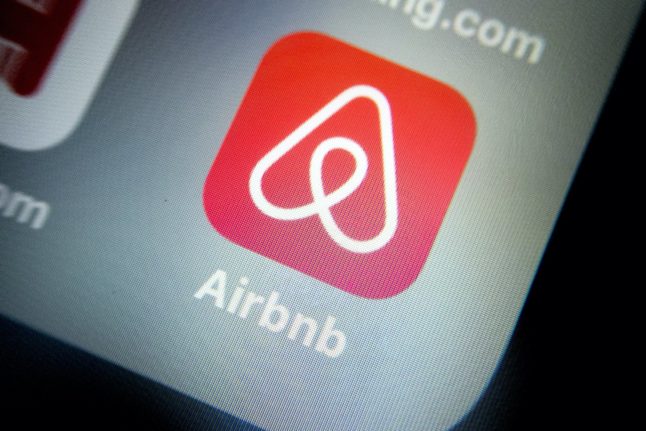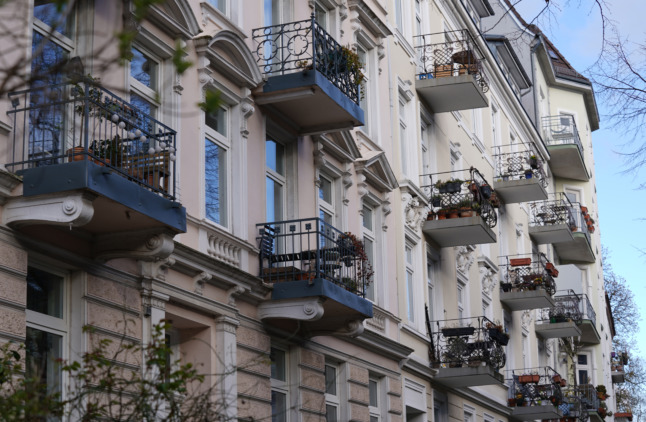In one room, the frenetic energy of Gambian djembe drums mingled with the scent of potent African herbs and spices.
Elsewhere two opera singers, fit for the stage of the Dresden Semperoper, drew a small crowd near the exhibit of Saxony. Nearby, a few men from Kazakhstan lined up to pose for a picture, showing off their meticulously kempt Tartar beards.
Registering nearly 170,000 visitors and over 11,000 exhibitors over five days, the ITB packed Berlin’s 26 convention halls to the brim with offerings hailing from 188 countries worldwide.
“The world quite literally has come to Berlin,” said Wulf Scheunert, representing a tour group from Britain’s Channel Islands. “Most conventions have only three or four halls, but here you have 150,000 square metres chock-full. All exhibitors try to distinguish themselves in some way, to offer people something a little bit different.”
Scheunert, clad in a Union Jack suit with a matching hat and umbrella, certainly did his part to stand out.
But the ITB is no regular holiday show. As the marquee annual showcase for international travel trade, the event is a driving force in the global tourism market.
The Messe Berlin said exhibitor sales totalled some €6 billion in 2011, stimulating every facet of the value added chain, from tour operators to booking engines and destinations, airlines to hotels and car rental companies.
Some tour operators, like South Africa’s Amakhala Game Reserve, credit the ITB for generating nearly 70 percent of their total annual sales.
“Germans like to travel,” said Amakhala rep Mike Weeks. “They spend lots of money on travelling and we can do good business here. But you get people coming here from all over Europe, so you can cover a lot of the European countries just by attending this show.”
Established in 1966, the ITB plays a dual role in the tourism market, acting as both a catalyst and a barometer of trends for the entire industry. The show is divided into geographic aspects as well as current market segments, such as extreme sports and language travel, leading to the introduction of new concepts every year.
With so many countries and companies represented in one place, interesting juxtapositions sometimes occur.
This year most exhibitors went to lengths to attract visitors with costumes, food and other artefacts native to their respective countries. Others, meanwhile, from countries with political troubles such as Libya and Iraq, entered the weekend with booths conspicuously understaffed.
Still, the flag-wrapped Scheunert maintained that in the race for consumer attention, exhibitors from all countries play by the same rules.
“Differentiating yourself is what creates the biggest edge here,” he said. “Because no one destination is necessarily ‘better’ than any of the hundreds of others. Everyone’s goal is essentially the same, to talk to people and let the consumer’s interest come directly to you.”
Good business, then, not national pride, is what the ITB aims to foster.
After all Scheunert, a German citizen, said he’s happy to be wearing the Union Jack, adding that he would continue to wear it at the ITB in the future – but only, of course, if it doesn’t mean he has support England in the World Cup.




 Please whitelist us to continue reading.
Please whitelist us to continue reading.
Member comments